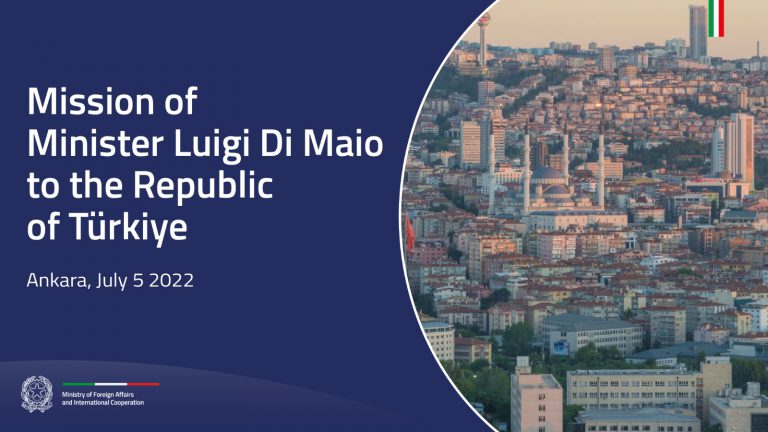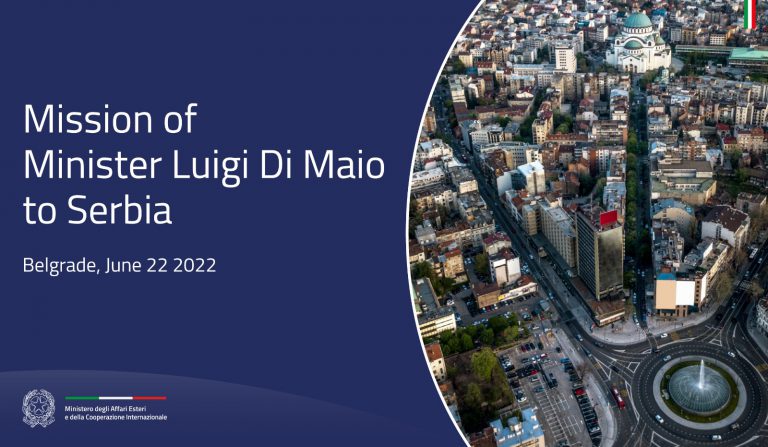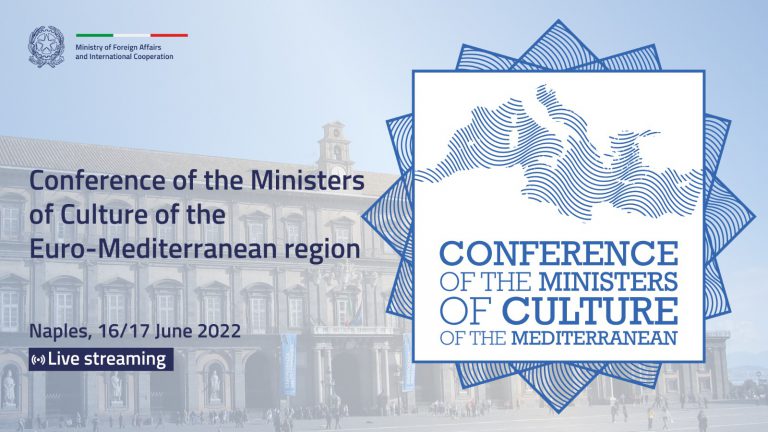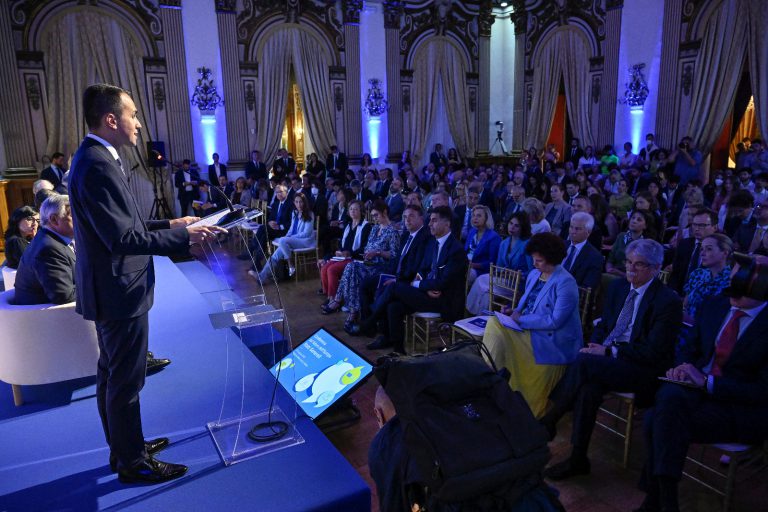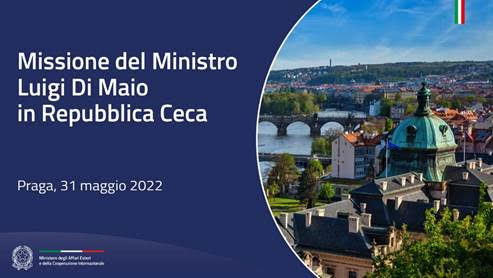“I talked about the Navalny case with Foreign Minister Sergey Lavrov. I raised the issue both in the bilateral meeting with my counterpart and in the press conference. I expressed my concern for what happened and asserted my full agreement with the stand taken by the European Union,” stated Angelino Alfano, the Italian Foreign Minister, on a visit to Moscow in the full heat of the controversy.
What did you tell Lavrov and what did he answer?
“I endorsed the European position, which is net and clear. Lavrov answered equally clearly, endorsing the Russian position.”
And what is the position of Italy?
“I forcefully repeated, also in public, the importance that our Constitution attributes to the freedom to express one’s opinion, which is enshrined in all the Italian laws regulating the matter. For us Italians and Europeans, the freedom of thought is the basis for the principles of liberty that are transposed into international agreements. Europe asks to ‘release without delay the peaceful protesters arrested, who were prevented by Police operations from exercising their fundamental freedoms of expression and association as well as the right to peaceful assembly, all of which are protected in the Russian constitution’.”
In Moscow, did you have the impression that there is a risk for Putin?
“There was no evident risk of destabilisation of the system in Russia.”
Is Putin the dictator that some depict him to be or could the new turn in the relationship with Trump modify his image?
“Nobody in their right mind could wish there to be an even colder relationship between East and West, Russia and the USA than there is now. Instead, we should hope for the relationship to become sounder and to pursue fruitful convergences on the Syrian and Libyan dossiers, leading to peace and security. Especially in Libya, this would stabilise migration flows.”
Europe accuses Moscow of financing groups and movements that work to break up the European Union. Is this true?
“There are resolutions of the European Parliament and public statements but there is no actual proof. Every political movement must be able to win in its own Country, with its own forces and confiding in the fair-play between Nations, especially if they are bound by relevant ties such as the fight against international terrorism.”
Now, between Russia and Europe, there are also the sanctions for the Ukrainian crisis.
“We worked in favour of the gas pipeline from Moscow in the middle of the Cold War and during the era of nuclear rearmament, when the Berlin Wall still stood tall. This is even more true today: we won’t yield on matters of principle, as proven by Italy’s adhesion to the sanctions, but that does not mean that we must break up our relationship.”
You said you also spoke of Libya and Syria. Russia is aligned with General Haftar in Benghazi. Is it possible to strike a balance there?
“Lavrov confirmed that Russia does not exclusively support General Haftar; on the contrary, it pursues a policy of inclusiveness. On behalf of Italy, I repeated that Libya is a single Nation and not separated into East and West. We believe in a single people, a single State and the recognition of the legitimate government led by Al-Sarraj. Then, we also believe in involving Haftar and in including all the Libyan parties, but always under the legitimate Libyan government.”
Will it be possible to reach an agreement with Russia on Libya?
“The only ones to be able to make peace in Libya are the Libyans; it cannot be imposed from outside. We favour any format facilitating the task of those who want stability and peace.”
And what about Syria? Do you have differing positions there too?
“With reference to the Middle East and Syria, I said that the Astana Peace Process (Editor’s note: initiated by Russia) proved to be an effective path towards obtaining a ceasefire, albeit fragile. But it cannot be the place in which to solve Syria’s whole political issue. We support the efforts by UN Envoy Staffan de Mistura in Geneva. We believe that the destiny of the Syrian people is up to the Syrians to decide at the end of as broad as possible a political inclusion process and at the conclusion of a period crowned by regular elections. Europe has a role to play, in line with its values and its history, especially when the time of reconstruction comes, not while we can still hear the explosion of bombs.”
Do you envision the defeat of the Islamic State?
“It will be a very important defeat at military level, but it might not be sufficient. We cannot lower our guard: the risk that militias also disguise themselves as organised crime is always around the corner. The eventual military defeat will not be decisive. All that goes under the brand franchising of Daesh or terrorism can reappear under different guises and be very dangerous.”
Is there any progress in the economic relations between Italy and Russia?
“In Russia there is a community of Italian entrepreneurs who want to stay in Russia and increase their investments. The issue remains open with respect to the strategic importance of energy and other issues relative to the Country’s infrastructure, starting with the high-speed rail.”



